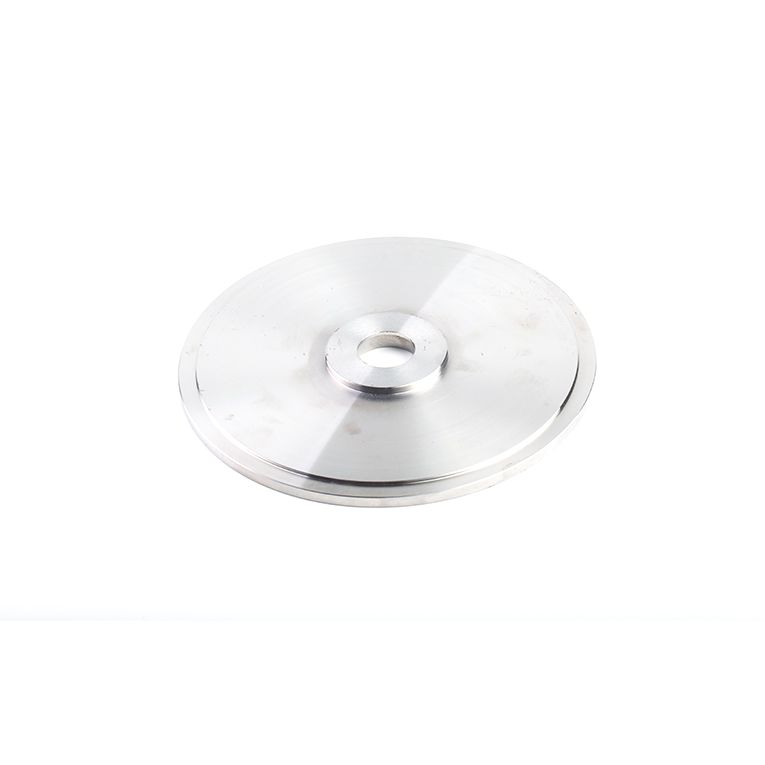
Rust is a common and persistent problem in the machine manufacturing industry, as it can cause damage to machinery, reduce performance, and increase maintenance costs. Therefore, implementing effective measures to prevent rust is crucial for ensuring the longevity and efficiency of machines. In this article, we will discuss several strategies and best practices to avoid rust issues in the machine manufacturing industry.
1. Material Selection: One of the primary considerations to prevent rust is choosing the right materials. Opt for materials that are inherently resistant to corrosion, such as stainless steel, aluminum, or galvanized steel. These materials form a protective oxide layer that prevents rust formation. Additionally, coatings and surface treatments like chrome plating or electroplating can be applied to enhance the resistance of materials against rust. 2. Proper Storage and Handling: Proper storage and handling of machine parts and components are essential to avoid rust formation. Store the components in dry and controlled environments, preferably indoors, to prevent exposure to moisture and humidity. Implement a first-in, first-out inventory management system to ensure that parts are used in a timely manner, reducing the chances of prolonged exposure to unfavorable conditions. 3. Lubrication and Maintenance: Regular lubrication and maintenance play a vital role in preventing rust. Lubricants create a protective barrier between metal surfaces, preventing moisture from coming into direct contact with the metal. Establish a well-defined maintenance schedule and adhere to it diligently to identify and address any signs of rust early on. 4. Implementing Effective Cleaning Procedures: Cleaning machines and equipment thoroughly is essential for rust prevention. After use, make sure to remove any residue, dirt, or debris that might trap moisture and promote rust formation. Use appropriate cleaning agents and ensure that all cleaning procedures are in line with the manufacturer's recommendations. 5. Implementing Corrosion Inhibitors: Corrosion inhibitors are chemical compounds that can be applied to metal surfaces to form a protective layer, hindering rust formation. These inhibitors can be used as additives in coolants, lubricants, or protective coatings. Regularly inspect and replenish the inhibitors to maintain their effectiveness. 6. Wherever possible, enclose machines and equipment to protect them from direct exposure to environmental elements. Seals and gaskets should be regularly checked and replaced if damaged to prevent water or moisture ingress. 7. Galvanic Corrosion Prevention: In situations where dissimilar metals come into contact, galvanic corrosion can occur. Implement insulation or coatings between dissimilar metals to prevent galvanic corrosion and subsequent rust formation. 8. Regular Inspection and Monitoring: Frequent inspection of machines and equipment is essential to detect any signs of rust or corrosion early on. Use non-destructive testing techniques like ultrasonic testing or visual inspections to identify hidden rust or vulnerabilities in the metal surfaces. Preventing rust in the machine manufacturing industry requires a proactive approach involving material selection, proper storage, regular maintenance, effective cleaning procedures, corrosion inhibitors, and careful monitoring. By implementing these strategies, manufacturers can significantly extend the lifespan of their machinery, enhance performance, and reduce maintenance costs, ultimately leading to improved efficiency and profitability. Rust prevention should be an integral part of every machine manufacturing process to ensure optimal functionality and customer satisfaction. 
Copyright © 2025 Dongguan Yifeng Metal Co., Ltd. | All Rights Reserved